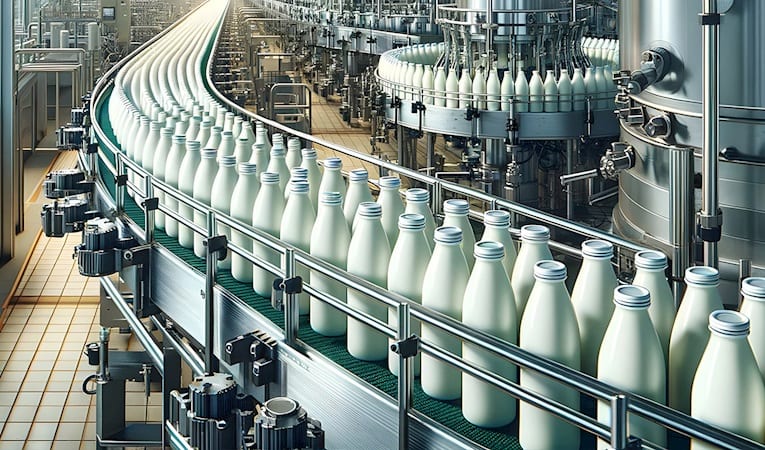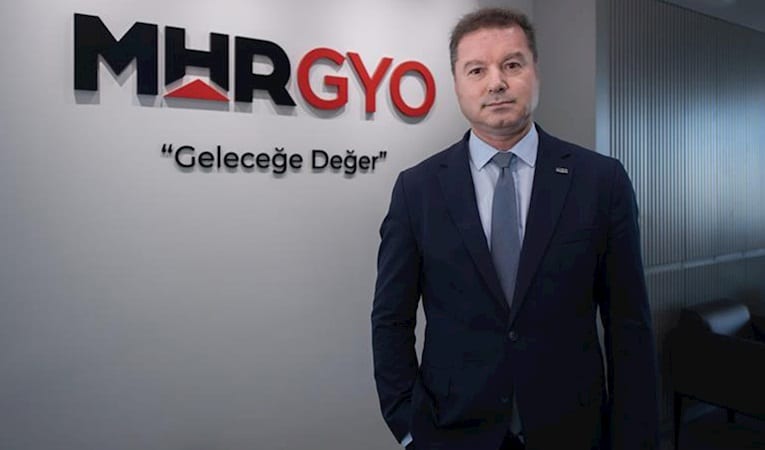
-
BIST 100
 13821,97%0,49En Düşük13821,97En Yüksek0
13821,97%0,49En Düşük13821,97En Yüksek0 -
DOLAR
 43,97%0,02Alış43,95Satış43,97En Yüksek43,99
43,97%0,02Alış43,95Satış43,97En Yüksek43,99 -
EURO
 51,12%-0,63Alış51,08Satış51,12En Yüksek51,53
51,12%-0,63Alış51,08Satış51,12En Yüksek51,53 -
STERLİN
 58,88%-0,36Alış58,61Satış58,88En Yüksek59,09
58,88%-0,36Alış58,61Satış58,88En Yüksek59,09 -
ALTIN
 7650%-2,24Alış7311,13Satış7650En Yüksek7825
7650%-2,24Alış7311,13Satış7650En Yüksek7825
-
BIST 100
 0%0,49En Düşük0En Yüksek0
0%0,49En Düşük0En Yüksek0 -
DOLAR
 43,96%0,02Alış43,95Satış43,97En Yüksek43,99
43,96%0,02Alış43,95Satış43,97En Yüksek43,99 -
EURO
 51,10%-0,63Alış51,08Satış51,12En Yüksek51,53
51,10%-0,63Alış51,08Satış51,12En Yüksek51,53 -
STERLİN
 58,75%-0,36Alış58,61Satış58,88En Yüksek59,09
58,75%-0,36Alış58,61Satış58,88En Yüksek59,09 -
ALTIN
 0%-2,24Alış7311,13Satış7650En Yüksek7825
0%-2,24Alış7311,13Satış7650En Yüksek7825
- Anasayfa
- Haberler
- Tüm Haberler
- Plans to sacrifice profits
Plans to sacrifice profits
Companies have decided to adopt the same approach this year as well.
1.02.2012 00:00:000

 The rise in the price of raw materials is the most critical issue creating difficulties for companies in Turkey, just as it is in other places around the world... In some sectors, costs have increased by up to 60 percent over the last year. But this was not reflected in a similar rise in prices. Faced with stiff competition, many companies tried to avoid raising prices and opted to sacrifice profits rather than lose customers or market share. Companies have decided to adopt the same approach this year as well.
The rise in the price of raw materials is the most critical issue creating difficulties for companies in Turkey, just as it is in other places around the world... In some sectors, costs have increased by up to 60 percent over the last year. But this was not reflected in a similar rise in prices. Faced with stiff competition, many companies tried to avoid raising prices and opted to sacrifice profits rather than lose customers or market share. Companies have decided to adopt the same approach this year as well.Costs have risen
Over the last year, costs have risen considerably for many products in Turkey. The main reasons for this are the increases in the prices of the products' raw materials and fluctuations in the foreign exchange rate. The additional taxes imposed on imports have added extra costs for companies which rely on imported inputs. For companies in the textile and clothing sectors, the increase in the foreign exchange rate has resulted in a rise in costs of at least 15 percent, and a 60 percent increase for clothing products imported from abroad. The construction industry is another of the sectors which has been most affected by the increase in costs. Input prices in the sector have risen by 40 percent. For household electrical appliances, costs have increased by 15-30 percent. For example, for Arzum the increase has been 15 percent, while for Homend it has been around 30 percent. For companies in the ceramics sector, the price hikes in raw materials such as imported paints and an increase in labor costs have made production 15-20 percent more expensive.
Those who have made the greatest sacrifices
Intense competition has meant that many companies have not raised prices by the same rate as the increase in costs. Those who have made the greatest sacrifices in terms of profits are companies in construction, household electrical appliances and the automotive sector. Although costs in household electrical appliances have risen by 15 percent, Arzum has only been able to increase its prices by 5 percent. Homend, whose costs have risen by 30 percent, has raised prices by 20 percent. Homend General Manager Hakan Koçer says that, as a result of not increasing prices, they have taken a cut of 20 percent in their profit margin. Companies in the construction sector have made considerable sacrifices in terms of their profits. Over the last year, Özyurtlar İnşaat's costs have risen by 40 percent but it has only raised prices by 10 percent. The situation has also made difficulties for the automotive sector. İsotlar Group Sales and Marketing Manager Mert Gülşen says that at TAT they increased prices by 18 percent as a result of changes in the exchange rate, but over the last two months they have had to reduce prices by 10 percent as a result of market competition. There have been sharp falls in profitability in the cosmetics, ceramics and furniture sectors.
What will happen this year?
Many companies who do not want to put profits under any more pressure are going to loosen the restrictions on prices rises compared with last year. Arzum, which raised prices by 5 percent last year, is thinking of increasing them by 10 percent in 2012. In the clothing sector, the price rises are likely to vary from company to company but are expected to be between 10 percent and 30 percent. For example, Yalçın Ayaydın, the head of İpekyolu says that theywill raise their prices by 20 percent, while Benetton General Manger Zeynep Selgur says that they will increase prices by 10 percent. Bien Seramik predicts that costs will rise by 10-15 percent this year and that they will cover 5 percent of this from within the company while raising prices by 10 percent. Companies in the furniture sector are planning to increase prices by 8 percent against a rise in costs of 10 percent. Ukra İnşaat expects to raise prices by 20 percent, while Özyurtlar İnşaat is looking at an increase of 10 percent. Costs in the baby food sector are forecast to increase by around 10 percent. Gamze Çuhadaroğlu, general manager of Danone Baby Nutrition, the largest player in the sector, says that they have opted to raise prices by 5-6 percent and will try to compensate for the remainder by controlling fixed costs.
New compensation methods
Those whose profits have fallen as a result of price pressure are trying to maintain profitability by using different methods. The most popular of these methods include turning to value added products, finding different markets and resorting to domestic production as a result of the exchange rate and the taxes on imports... Many companies such as Arzum, Bossa, Arnica, Duravit and Bien Seramik are trying to remove the pressure on profitability by designing products that will give them an edge in market where there is considerable competition on prices. The Aydınlı Group is thinking of increasing productivity automation and the more efficient use of technology. Doğtaş, which has undergone a 2 percent decline in profitability, is trying to compensate for its losses by reducing invisible costs. Özyurtlar İnşaat, whose profits were halved last year, will sacrifice 10 percent of profits this year. Tamer Özyurt says that they are planning to compensate for reduced profitability through increased output, producing quickly and selling quickly.
Silk & Cashmere is making improvements to its procurement chain in order to reduce to a minimum any sacrifice in profits. Benetton Türkiye is looking to compensate for any fall in gross profits by looking to local production rather than imports. H
Türkiye ve dünya ekonomisine yön veren gelişmeleri yorulmadan takip edebilmek için her yeni güne haber bültenimiz “Sabah Kahvesi” ile başlamak ister misiniz?



